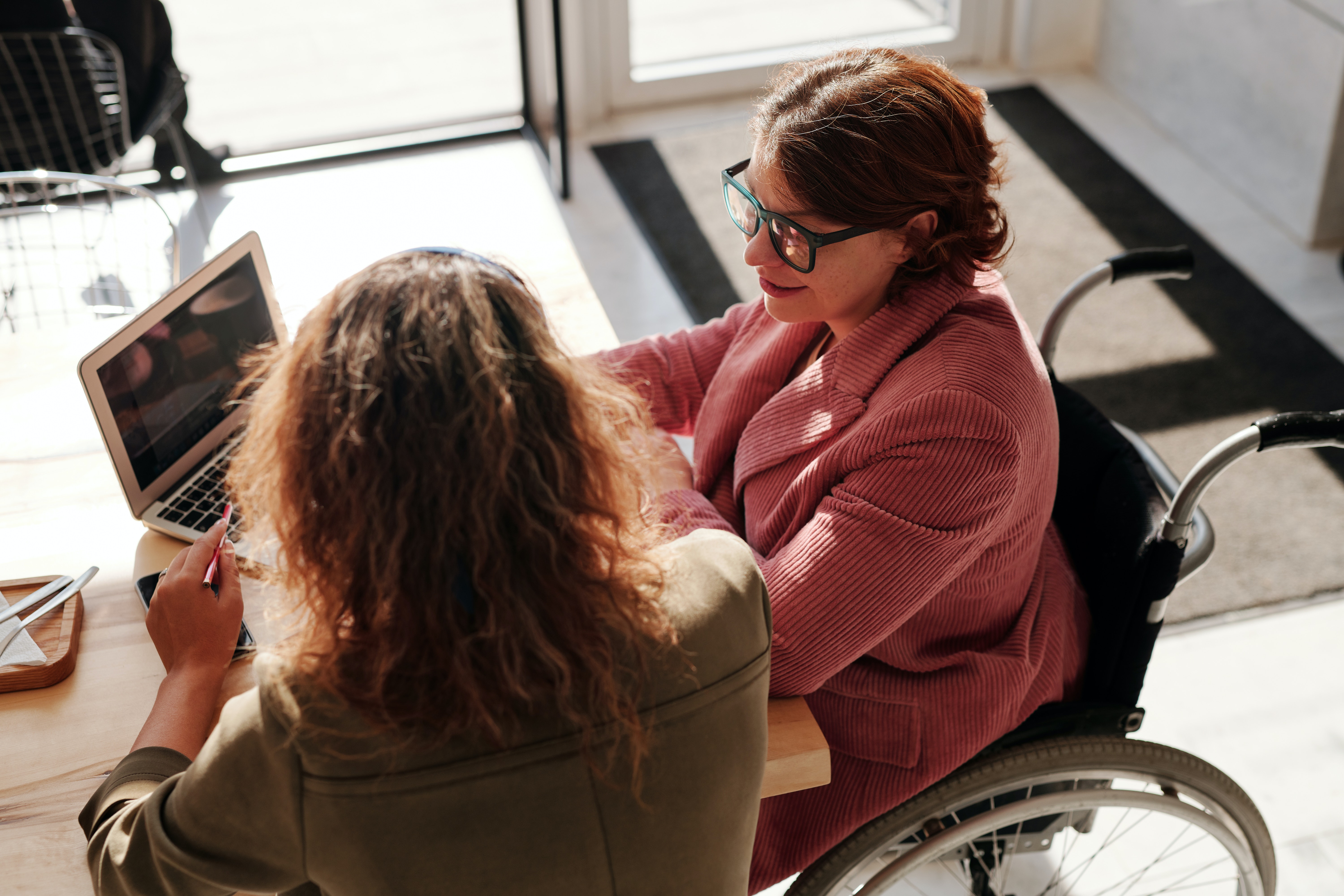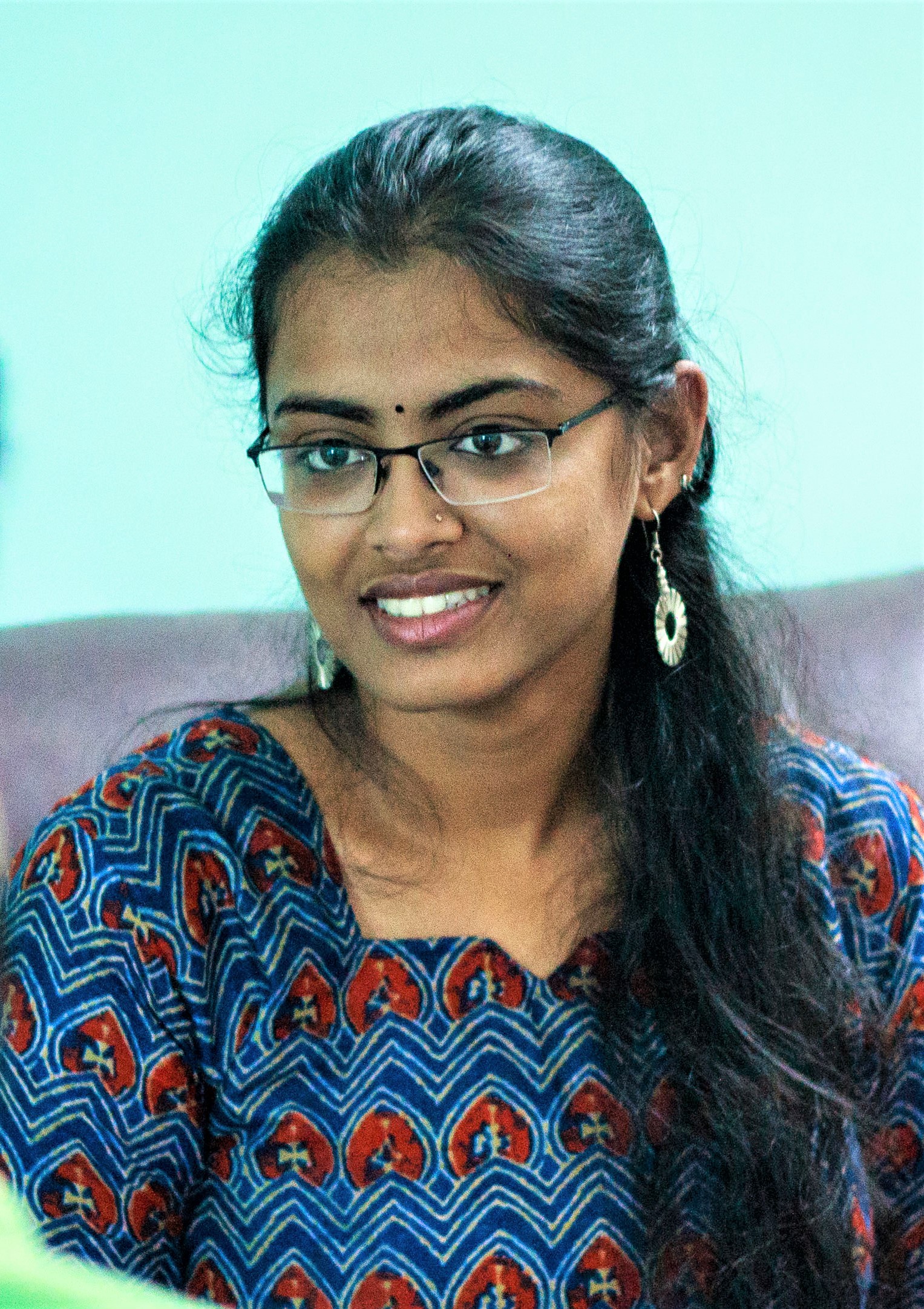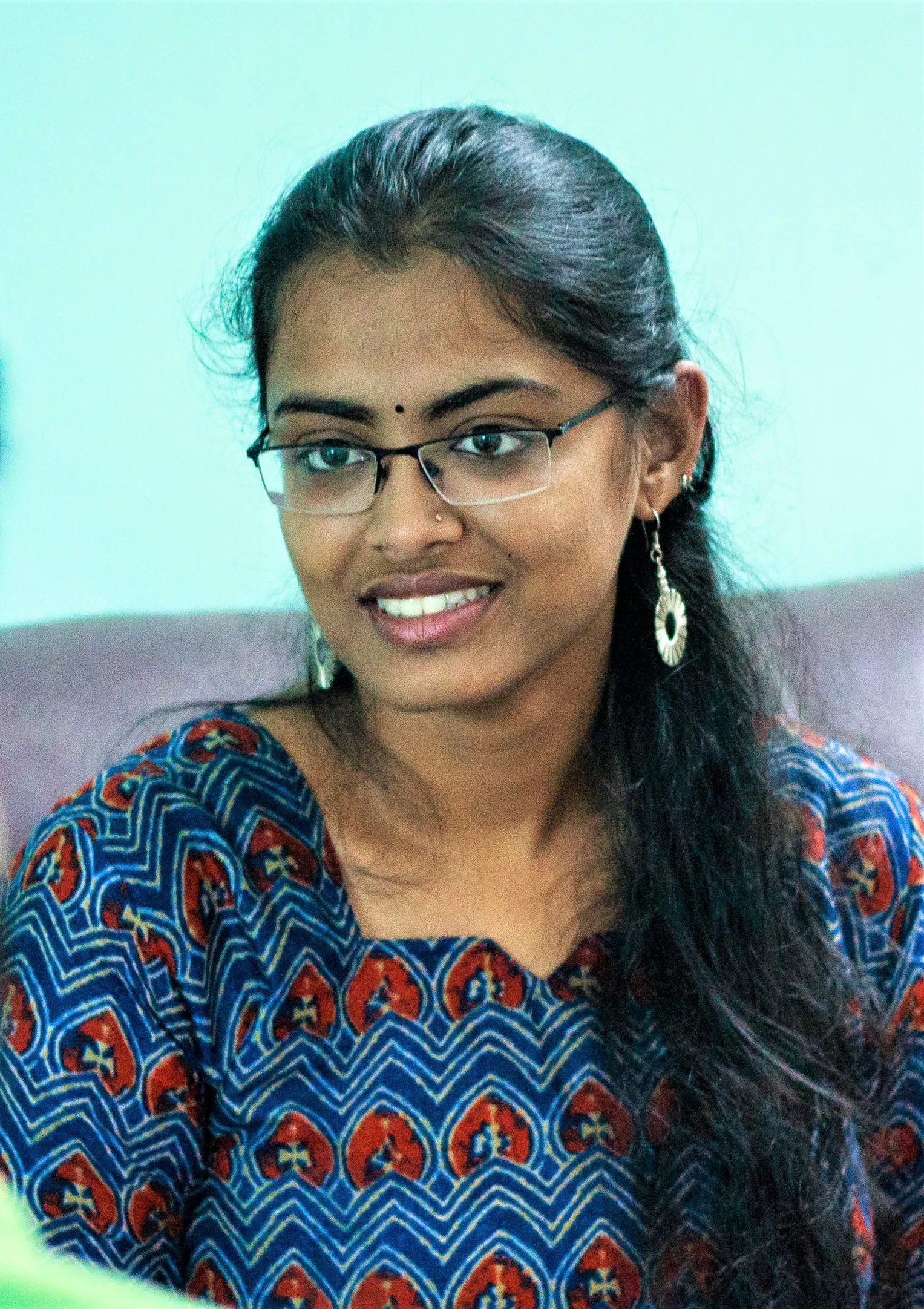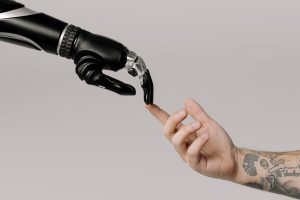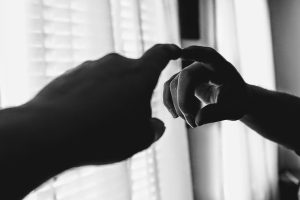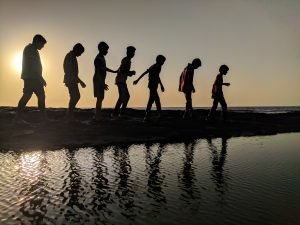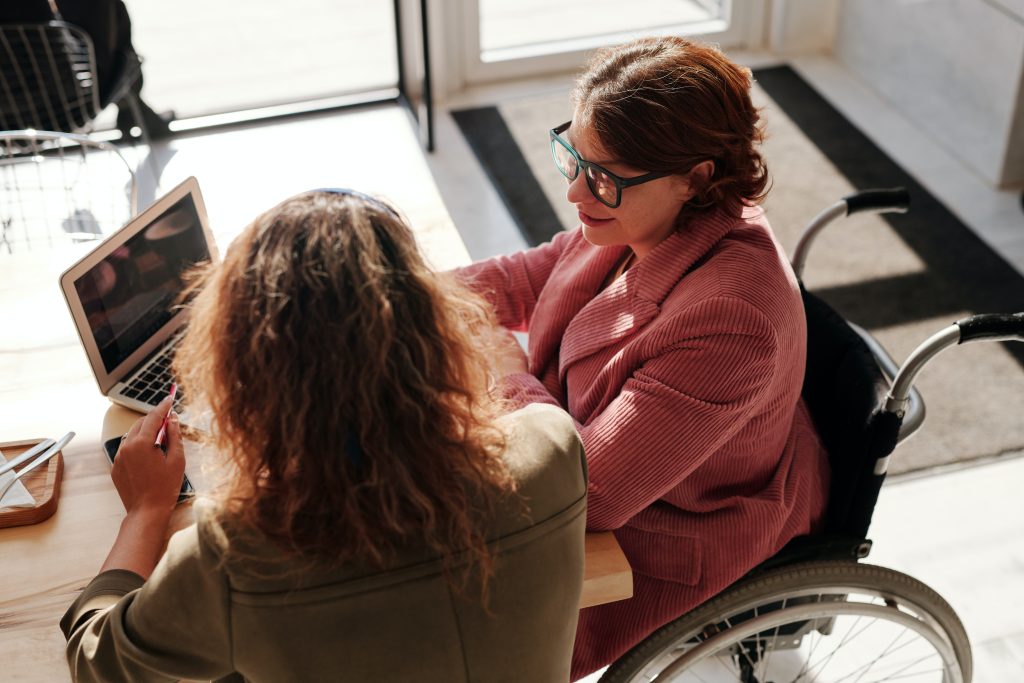
In 2015, WHO declared that 15% of the global population has disability. In 2016, the Rights of Persons with Disability (RPwD) Act in India stated that the number of identified disabilities had increased from seven to twenty-one. The 2018 UN Disability and Development Report reveals that on average one in three children with disabilities (CwDs) of primary school age is out of school. In the same year, the Indian Ministry of Human Resource Development (MHRD) said that CwDs constitute 0.2% of the total enrolment in higher education. Previous studies show that one-fourth of CwDs aged between 9 and 15 do not attend any educational institution. Read together, this data shows the need to create equal opportunities for PwDs in general and CwDs in specific. Swabhiman’s ‘Dialogues in Disability’ is a step in that direction.
The aim of ‘Dialogues in Disability’ is to highlight the marginalisation faced by PwDs in all sections of life and promote conversations to find solutions for the same. This year’s event, hosted on the 20th anniversary of the Anjali festival between November 12th and 19th, had four panel discussions with speakers participating from all over the world.
The first of the four panels explored the ways in which different religions approach disability. Speakers called for the need to accept PwDs as individuals without conflating disability with sin, virtuous suffering or a sense of charity. There was a shared call for mutual respect, inclusion and acceptance, with speakers recognising that all religious traditions preach dignity and equality for all. However, speakers also acknowledged that many religions share a complex relationship with disability. By reclaiming their religious traditions, PwDs can challenge and eradicate religion’s stigmatising elements.
In the second panel, the speakers engaged with the gaps and good practices in the COVID-19 response in Commonwealth countries. Speakers agreed that the pandemic had a larger influence on previously vulnerable populations like PwDs. Lockdown restrictions prevented access to education, vocational opportunities and health services. Because of this, pre-existing inequalities widened. Increased vulnerabilities among the disability community also resulted in higher death rates. Speakers reinforced the need for governments to focus on the needs and rights of vulnerable populations, particularly in a time of crisis. There was also a call to build collaborations between governments, NGOs and PwDs. The panel concluded by recognising the opportunity that the pandemic provided to build more inclusive and accessible societies in consultation with PwDs.
The panel on art and culture spoke about the need for including and visibilising PwDs in fine art, film, dance, music and theatre. PwDs should be encouraged and enabled to tell their own stories, communicating that having a disability is one aspect of a complex and layered personality. Speakers also discussed the need for acceptance within the art and culture sector, especially of physical bodies. They recognised the positive influence of role model organisations like Swabhiman and Ability Foundation in encouraging this acceptance and inclusion. Having sign language interpreters available for all events, for example, was deeply appreciated.
In the final panel, speakers explored disability in Odia literature and Jagannath culture. Recognising that literature has become more inclusive over the years, the conversation was particularly situated in the context of Odisha and the incompleteness of the Jagannath idol. Speakers discussed this incompleteness as being a reminder of the need for inclusion. Conversation recognised the often stereotypical portrayals of disability in Odia sahitya and even included examples of quaint idioms that are common in the language. Finally, the conversation also acknowledged the physical inaccessibility of many traditional spaces of worship.
At the end of the event, Swabhiman committed to compiling the key takeaways from ‘Dialogues in Disability’ between 2018 and 2021 both in a document as well as a series of blog posts. Through these publications, Swabhiman hopes to reach at least 50,000 PwDs as well as an equal number of non-disabled people. By enabling these conversations, Swabhiman is taking steps to build a more egalitarian society.
For more information on Dialogues in Disability event or Swabhiman, visit https://www.anjali2021.swabhiman.org/dialogues-in-disability
